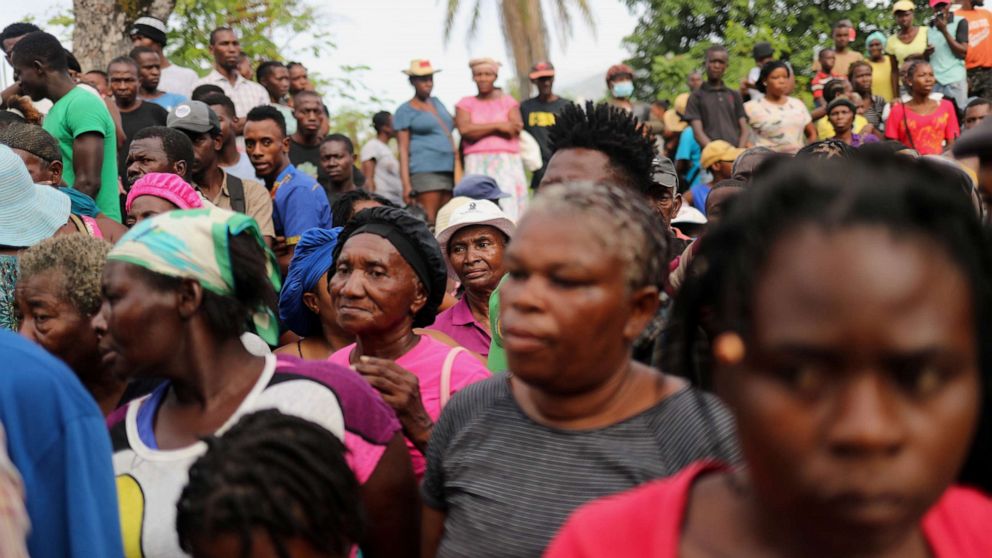Haiti's crises are 'never-ending cycle of PTSD': Reporter's notebook
The 7.2 magnitude earthquake that just devastated Haiti feels like a bad dream on repeat.
Imagine waking up to an earthquake just about a decade after another quake killed 250,000 of your brothers and sisters and destroyed your beautiful country.
Receiving the news of another earthquake in Haiti, and then having to report on it, even remotely from Florida, was one of the most difficult moments in my career. As I discussed the pain and anguish happening in the aftermath, I felt immense sadness for my people.
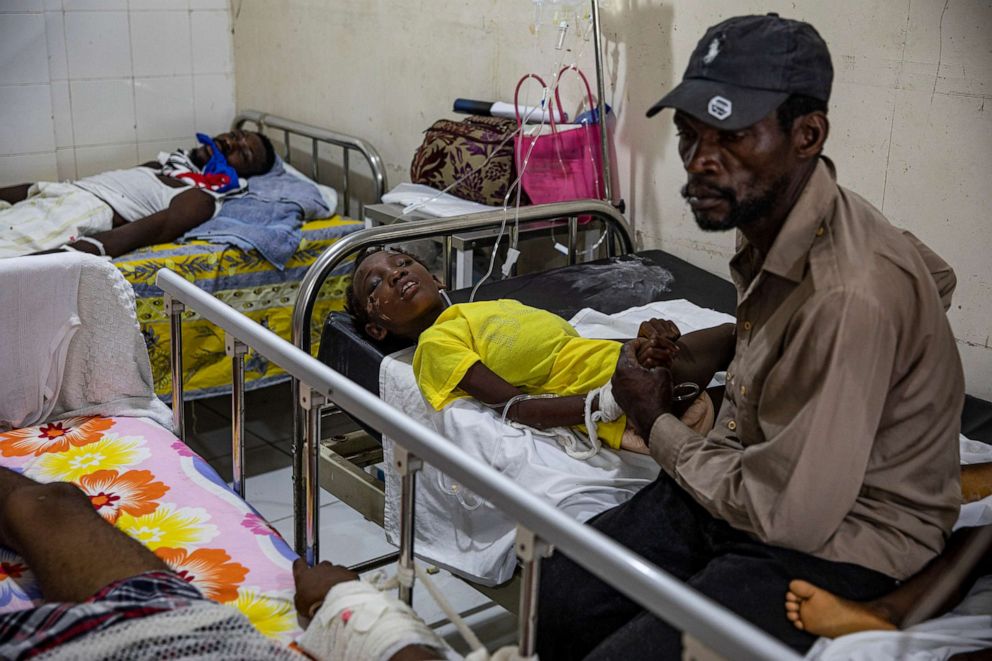
Much of the country hasn't rebuilt from the 2010 earthquake, or Hurricane Matthew in 2016. And the president was recently assassinated.
Plus, there's a low vaccination rate in the middle of a pandemic killing more than 4 million around the world, and now another natural disaster. And in a worst-case scenario, the earthquake happened right before a massive storm barreled toward the island, after nearly 2,000 were killed in the recent earthquake according to the United Nations.
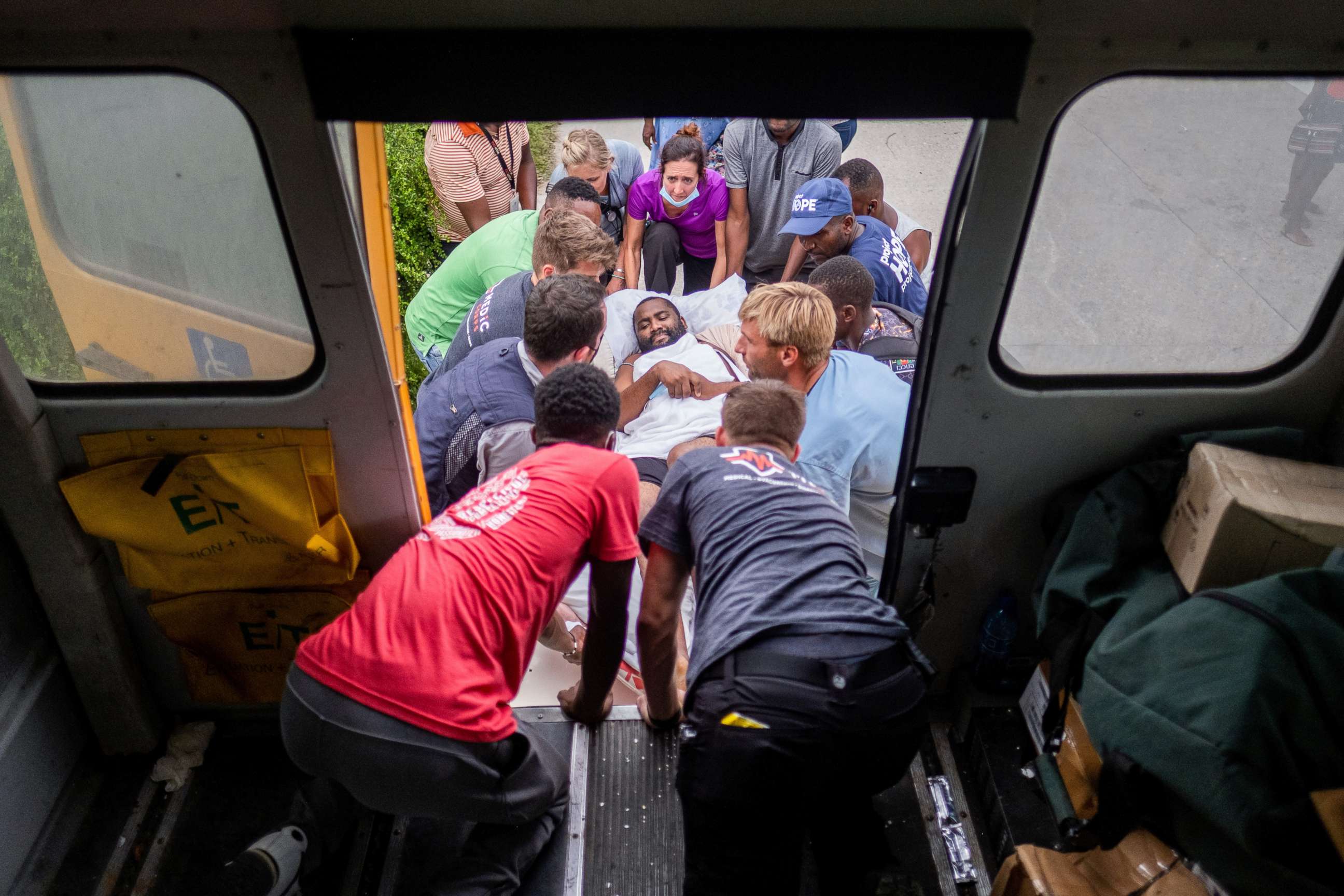
It's like a never-ending cycle of PTSD, which is exactly how my family who still lives there feels.
No matter what happens in Haiti, the headline usually includes, "the poorest country in the Western Hemisphere." We are often reduced to just poverty, overlooking what makes Haiti one of the richest countries. Haiti is full of culture, arts, and of course food.
But the Haitian people, my people, have a sense of duty to one another and community, because of all we've endured throughout history. We have learned to turn pain into compassion.
We have a saying that our people are resilient. This has been demonstrated throughout history. Despite all the cards being stacked against the country, somehow we always find a way to push through. From a collective decision to fight for freedom from slavery, becoming the first Black country to gain independence in 1804 -- to the way the community comes together in tragedy.
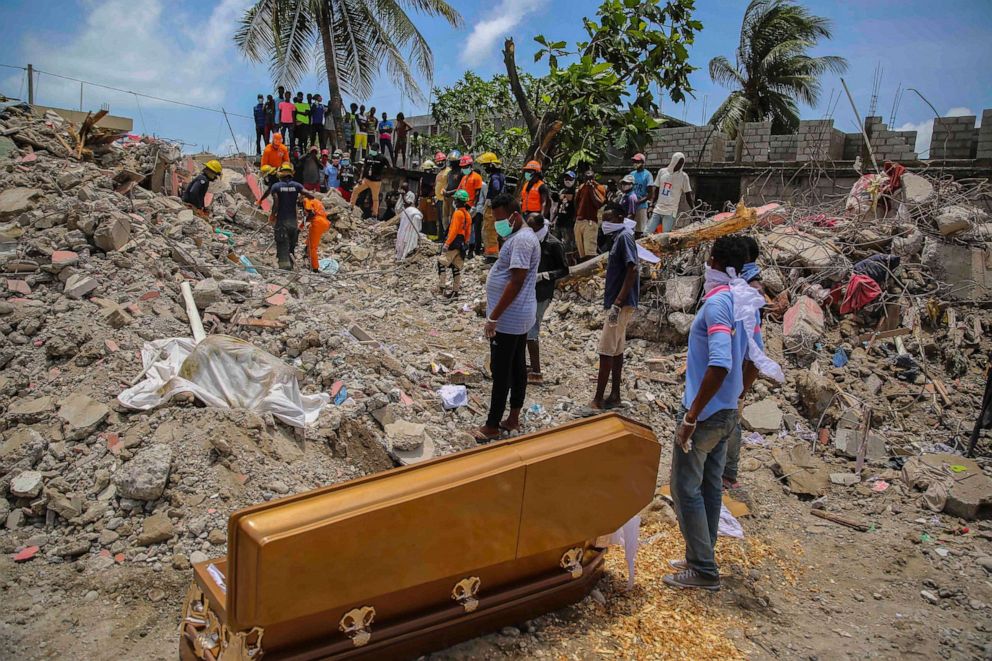
Faith is central to everything in our society, and looking out for one another is a must. Even as kids growing up in Florida, my brother and I would get in trouble from our dad for not sharing.
If there was just one water left we were expected to ask and make sure no one else at the table or in the house was thirsty before drinking. As a kid, I thought he was just being dramatic, but as an adult I now know why he was that way.
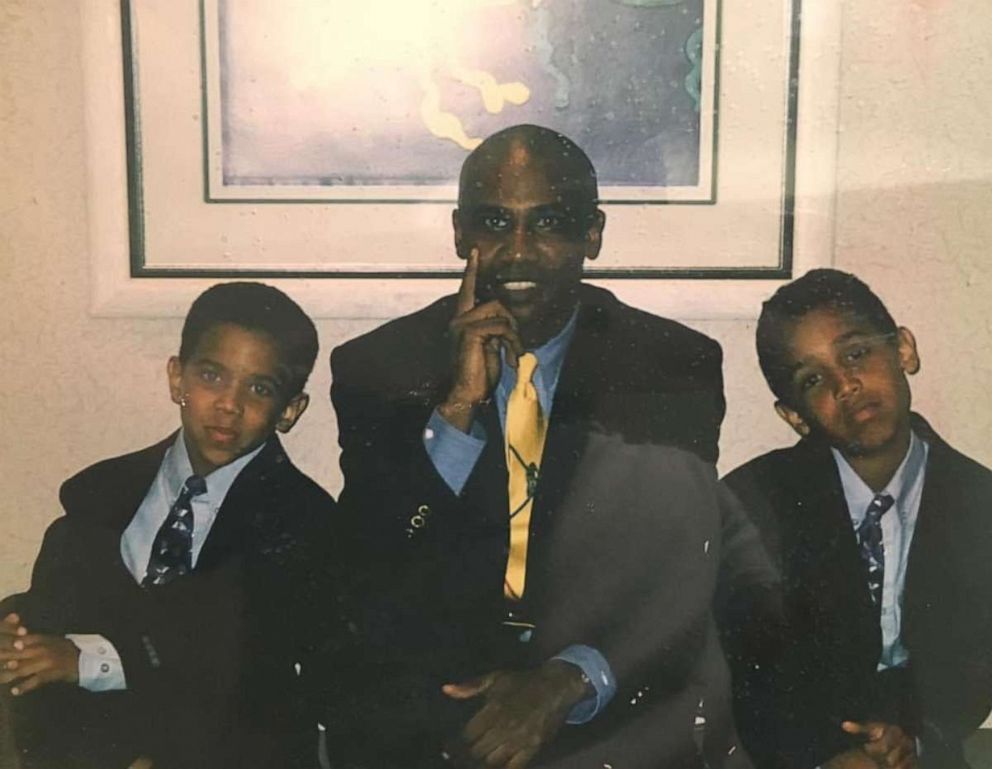
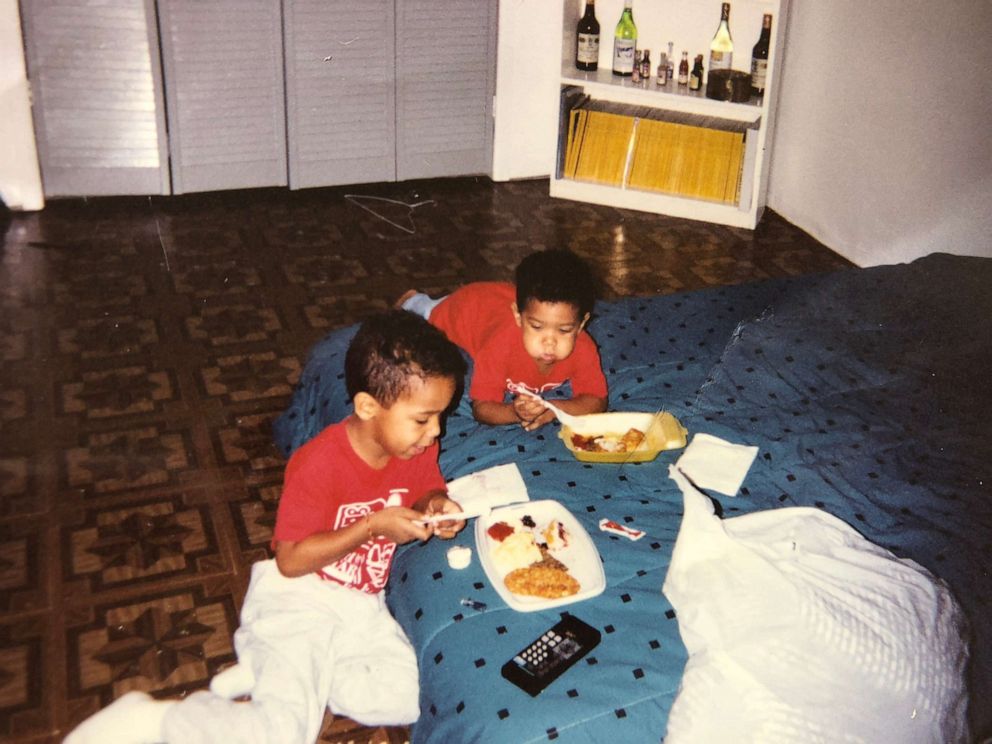
That sense of family, community and care for our fellow human is something you will see in virtually every Haitian family. Maybe "poverty" and the countless tragedies instilled this trait; maybe it's just something cultural. But it cannot be denied. In times like this, when it seems there is no hope -- the Haitian people always seem to find light in the darkness.
My uncle is a doctor and immediately rushed to the affected areas to help after the earthquake struck. While he is one of my heroes, he is not special. During tragedies, everyone pitches in, somehow finding a way to bring a smile or some sort of positivity, as the world literally crashes down.
Structures in Haiti are built to withstand hurricanes, which are common. But the tough concrete buildings that withstand wind and rain in a storm become deadly in an earthquake as they fall. With the threat of aftershocks and storms, even those who are fortunate enough to have shelter are scared to sleep inside.
Tens of thousands of families are homeless yet again because of this disaster. Many pray for even a piece of tarp for shelter. Our economy, which is full of entrepreneurs and street vendors, is crippled yet again because of widespread destruction.
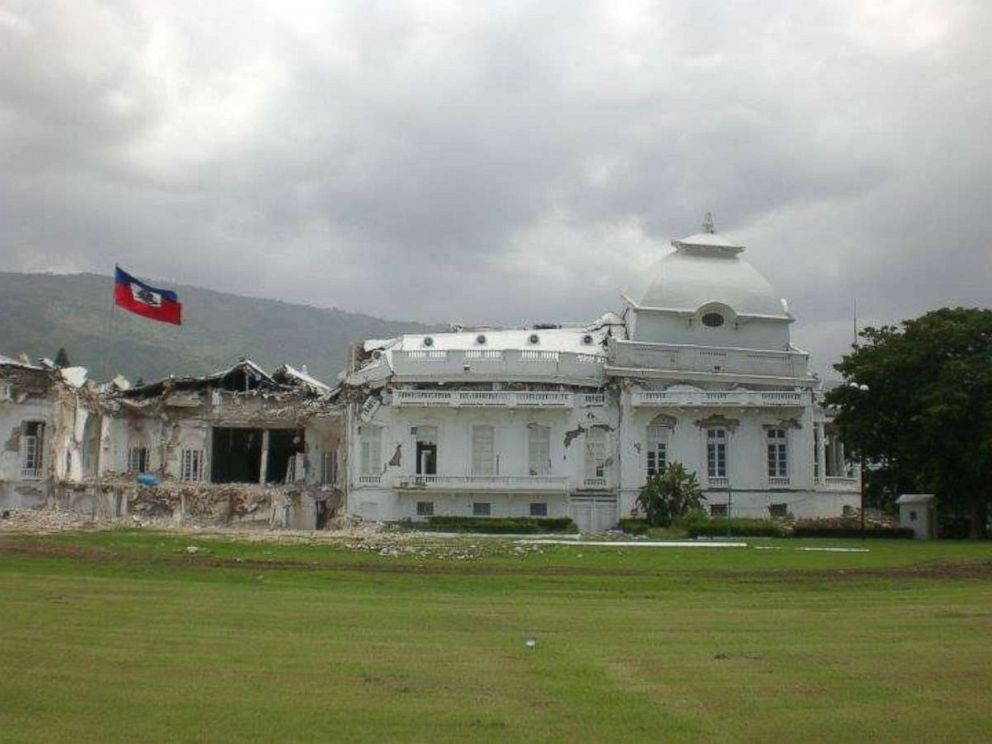
I traveled to Haiti to work on relief after the 2010 earthquake and it was emotional. I was falling apart-- yet the people you would expect to be doing the same, were doing quite the opposite. From the tents of homeless families making up mile-long tent cities, emerged hopeful children in full uniform, singing and walking to class. People still played music and greeted one another, bringing food, making conversation.
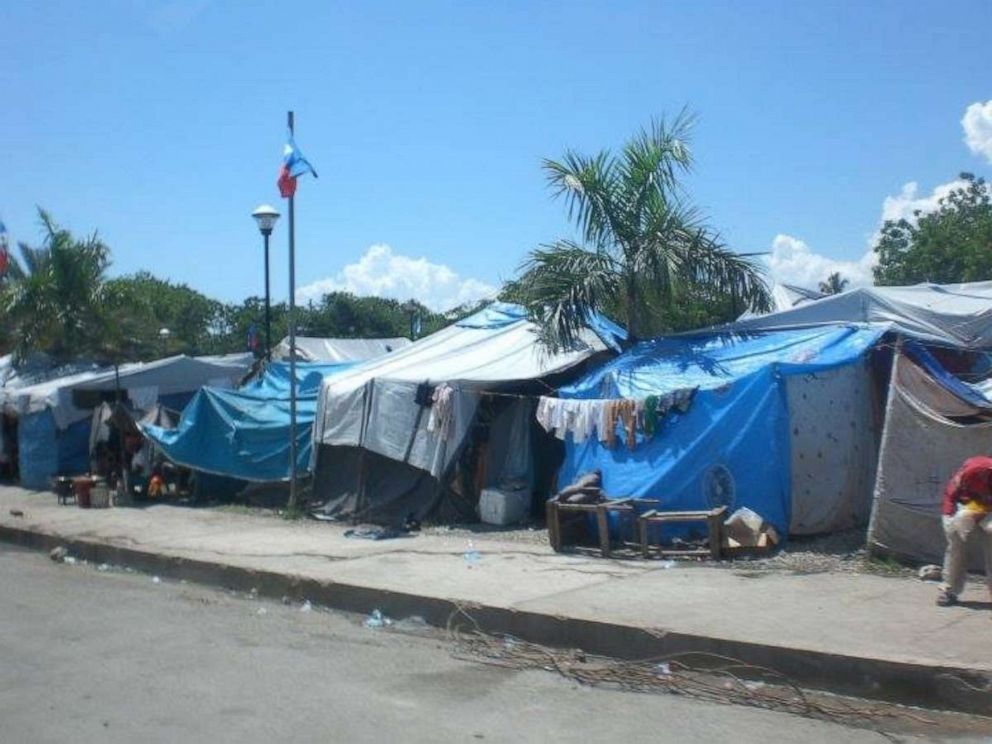
One of my cousins was rescued days after a grocery store collapsed on her. She held onto hope waiting. My cousin survived the 2010 earthquake only to die this past year due from COVID-19, another concern as displaced families are forced to be in close proximity.
It is traumatic to witness the pain families are going through. It is traumatizing to hear from friends who lost multiple loved ones -- again. To see hospitals overwhelmed, and thousands of homes and businesses destroyed leaving people with nowhere to go. It's like walking through a nightmare that you've already experienced, praying it will have a different ending.
But there is inspiration and hope. It warms my heart to see the volunteers risking their lives to save others. It's been inspiring to see the diaspora sharing reputable organizations doing work on the ground in Haiti to ensure that aid actually makes it to those who need it this time around. Even as I WhatsApp my family there to see how they are doing, they are more concerned with my safety and well-being.
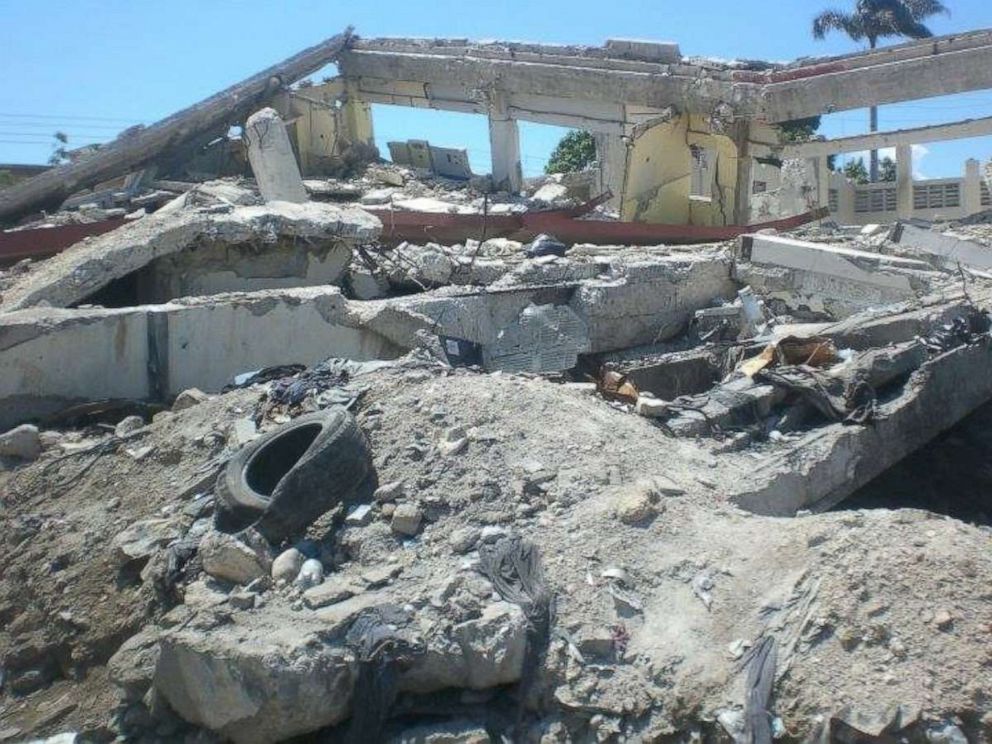
Haiti has been through a lot, and Haitians have proven that we stick together and are resilient. When we are knocked down, we always emerge stronger. The road to recovery will be long, and the impact will be felt long after volunteers leave. I know that through all this adversity the country will rise again.
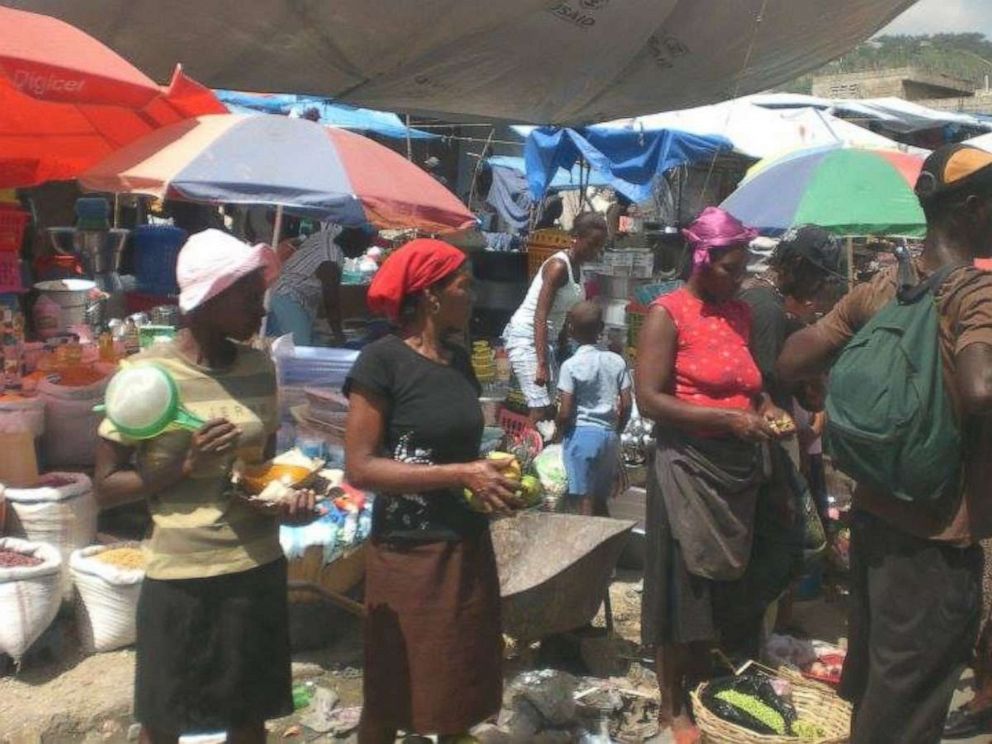
Yet, it's hard to witness this tragedy and not ask, "how much more can we take? When will this nightmare end?"
We are resilient, but we are tired and hurting.
Lionel Moïse is an anchor and correspondent for ABC Audio, based in Miami, Florida, who has been covering the most recent earthquake.
This report was featured in the Tuesday, Aug. 17, 2021, episode of “Start Here,” ABC News’ daily news podcast.
"Start Here" offers a straightforward look at the day's top stories in 20 minutes. Listen for free every weekday on Apple Podcasts, Google Podcasts, Spotify, the ABC News app or wherever you get your podcasts.
